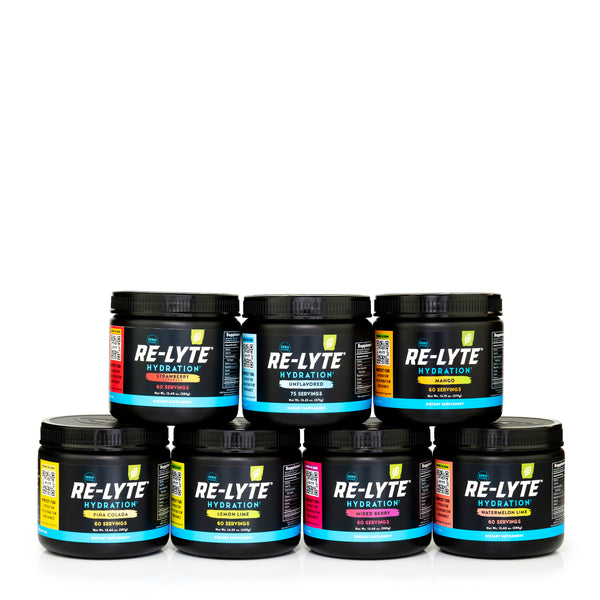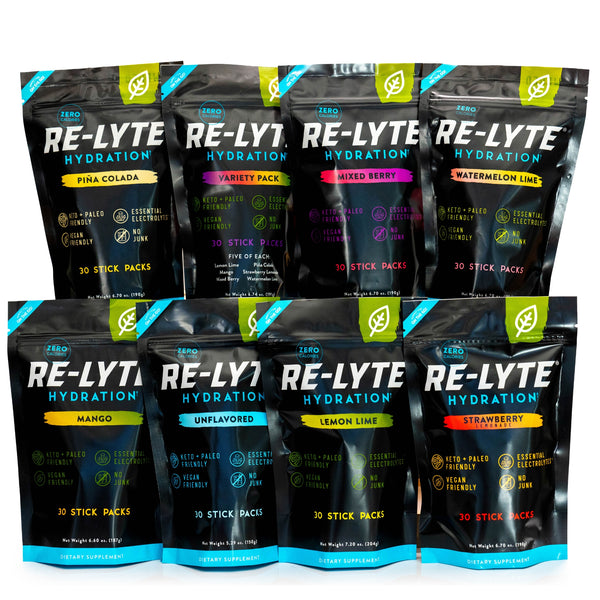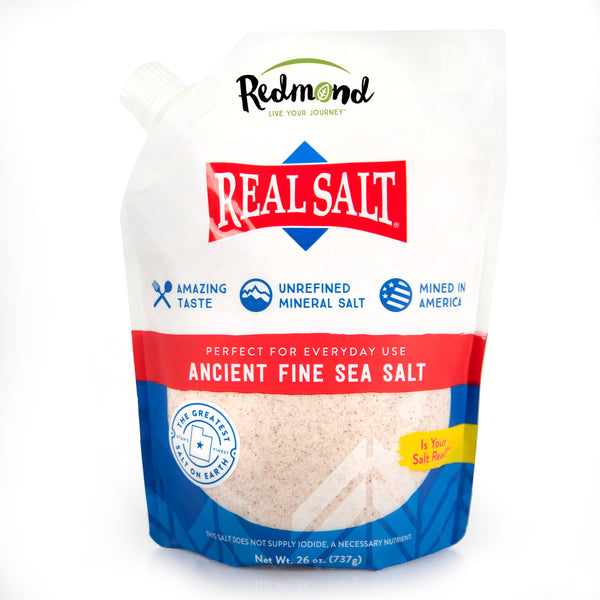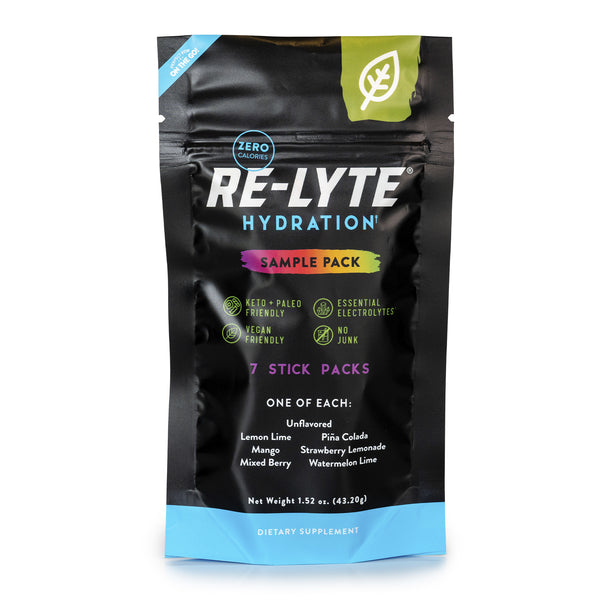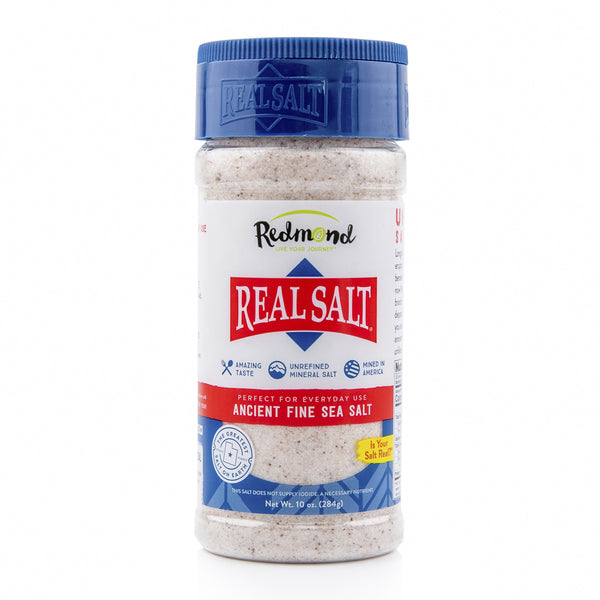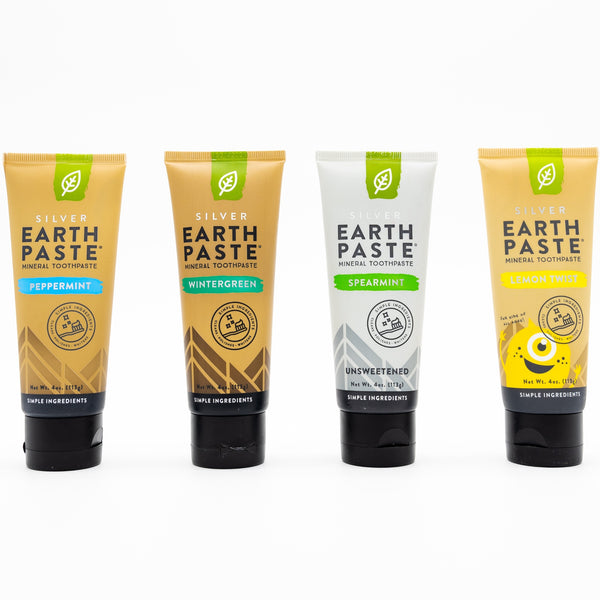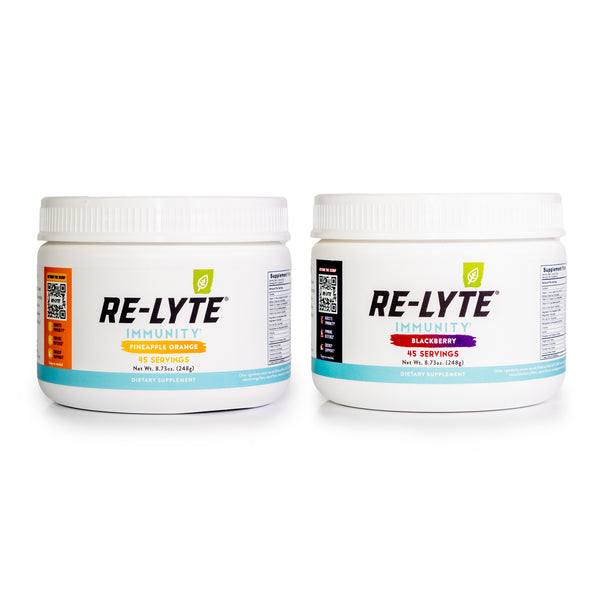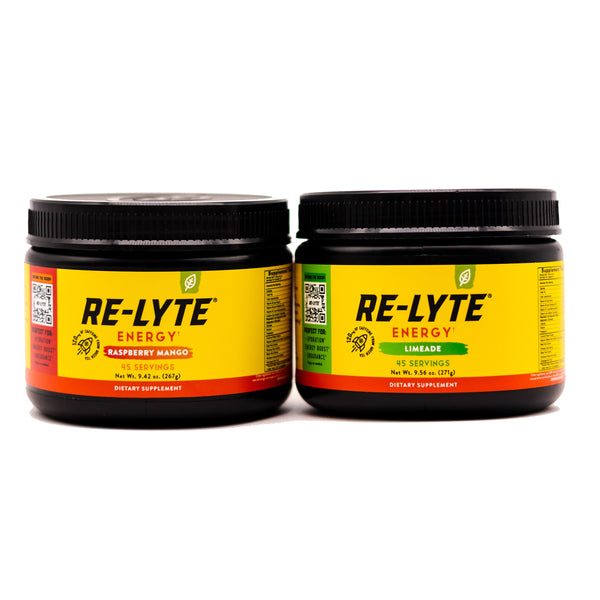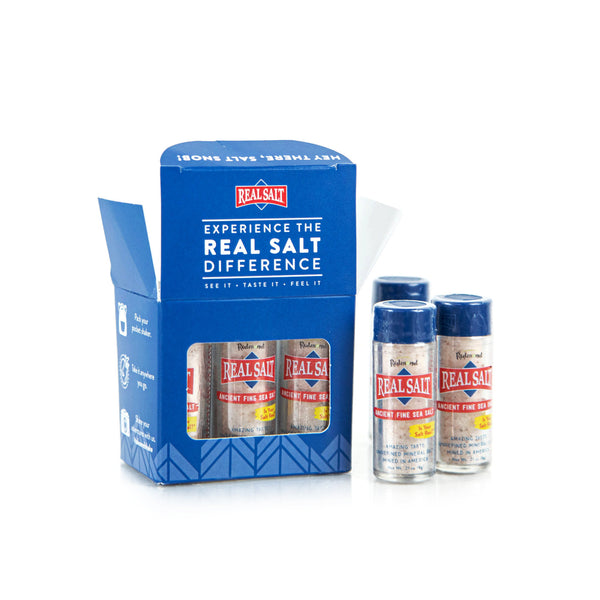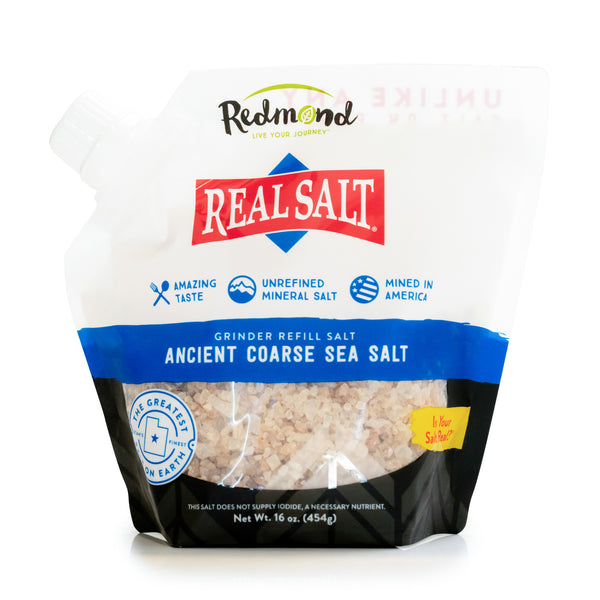Cooling Foods, Drinks, and Spices That Help You Survive the Summer Heat

Article at a Glance:
- Ice and air conditioning aren’t the only ways to beat the heat; what you eat and drink can help your body regulate its temperature.
- Drinks high in electrolytes replenish what you lose when your body uses sweat to cool you down.
- Alkaline foods and foods with high water content will help you feel cooler.
- Ayurveda tradition recommends spices that keep you cool by helping with digestion and reducing inflammation.
Summer makes us think of fun—vacations, gardening, hiking, swimming, and other sun-filled outdoor activities. What’s less fun is the hot, lethargic feeling that sometimes comes with spending lots of time in the heat.
Finding tips and tricks for surviving the summer heat has been on the mind of humans for thousands of years. In fact, Ayurveda, India’s 5,000-year-old system of traditional medicine, has food, drink, and spice recommendations to help you stay cool in the summer. Of course, not all traditional practices are backed by modern science, but it can be fun to experiment and see what works for you. Here are some ideas from ancient wisdom and modern science to help prevent the heat from melting your summer fun.
Drink
Be mindful of your caffeine and alcohol intake. As you may have noticed, caffeine and alcohol seem to increase your body temperature. They do this by boosting blood flow.
With caffeine, your core body temperature will increase. With alcohol, you may feel warmer, but one study found that it doesn’t actually affect your actual core temperature very much unless you take steps to cool off in response to the perceived heat. This doesn’t mean you can’t drink any caffeine or alcohol during the summer. Just keep in mind that it could make you feel even more uncomfortably warm on a hot summer day.
Drink plenty of electrolytes. You probably suspected we would find a way to mention our favorite electrolyte drink mix, but science backs us up here. Your body uses sweat to keep you cool when you’re working hard or in a hot environment. Your sweat includes water and key electrolytes that keep you functioning at your best so it’s important to replenish both, whether with Re-Lyte, coconut water, or other electrolyte-rich drinks.
Food
Foods with a higher water content are a great choice during the summer because they can fill you up without weighing you down, helping you feel satisfied without the hot and groggy feeling that comes with a heavy meal. As an added benefit, many of them are loaded with vitamins and electrolytes.

Both eastern and western traditions agree that these hydrating foods will help you feel cooler during the summer. The exact water percentages vary a little depending on what study or sources you look at, but most fresh fruits and veggies have high water content. Here are a few examples:
- Cucumber—96% water
- Celery—95% water
- Zucchini—94%
- Watermelon—92% water
- Bell Peppers—92% water
- Asparagus—92% water
- Cabbage—92% water
- Strawberries—91% water
- Cantaloupe, Honeydew melons—90-91% water
- Broccoli—90% water
- Greens—89% (kale), 93% (spinach), 96% (lettuce) water
- Peaches—89% water
- Oranges—88% water
- Apples—86% water
- Blueberries—85% water
- Pears—89% water
- Brussel Sprouts—85% water
In addition to foods with high water content, Ayurveda also recommends foods that are more alkaline, as opposed to acidic, on the pH scale. Alkaline foods help reduce inflammation and keep you cooler on the inside. Examples include avocados and the high-water foods on the list above. According to Ayurveda, foods that are acidic or contribute to heat-producing inflammation should be avoided during the summer. These include excessively oily or spicy foods, meat, dairy, coffee, alcohol, sour foods, and processed sugar and flour.
Spices
We know that herbs and spices have lots of healing qualities, so it isn’t too surprising to learn that some of them might help keep you cool. According to Ayurvedic tradition, cooling spices help keep you cool by aiding digestion, removing toxins, and reducing inflammation.
Modern studies don’t examine the cooling effects of these spices, but studies have found other benefits. With 5,000 years of history to back it up, it wouldn’t hurt to experiment (with wisdom and moderation, of course!), especially because these spices are delicious and have so many other benefits.
- Cardamom—Ayurveda teaches that cardamom detoxifies, aids in digestion, combats heartburn and nausea, and lowers internal body temperature. A study in 2009 found that it reduces blood pressure and improves antioxidant status.
- Fennel Seeds—They are a great source of vitamin C, improve digestion, and reduce inflammation. Modern studies have found that they can reduce stress and have antimicrobial properties. Ayurveda recommends eating the seeds after a meal or soaking them in water overnight and drinking the water before going out in the sun.
- Cumin—Research has found that cumin has a host of beneficial properties—antioxidant, antibacterial, antifungal, anticarcinogenic, and more. Ayurvedic tradition says that cumin water is hydrating, protects against heat stroke, helps with digestion and detoxification, and refreshes the body.
- Coriander—Ayurveda teaches that coriander helps remove excess heat, toxins, and inflammation. It lowers the body’s temperature, is a good source of antioxidants and improves digestion. Modern research doesn’t specifically address the cooling effects, but it has found a variety of other potential benefits from coriander—antioxidant, neuroprotective, anticonvulsant, anti-inflammatory, antidiabetic, and even anticancer.
- Fenugreek—Ayurveda has long recommended drinking fenugreek seed water or tea or adding it to food to enjoy a cooling effect that reduces blisters, nausea, heat discomfort, and rashes. It also helps digestion. Research studies tell us that fenugreek is rich in fiber, vitamins, minerals, and antioxidants and that it has anti-inflammatory, antimicrobial, and antidiabetic properties.
- Ginger—Ayurveda teaches that fresh ginger improves digestion, cools the body, reduces heat and oxidative stress, relieves nausea, and is full of antioxidants. Modern science confirms ginger’s ability to relieve nausea, arthritis, and pain. Gingerol, a major compound in ginger, has antioxidant, antimicrobial, anti-inflammatory, anti-allergic, and anticancer properties.
- Turmeric—Turmeric is a powerful anti-inflammatory that helps with digestion, boosts immunity, and has a cooling effect on the body. Science hasn’t specifically found a cooling effect, but it has found that curcumin, a major component of turmeric, has antioxidant, anti-inflammatory, and anticancer effects.
What foods, drinks and spices do you use to help you stay cool in the summer? Share your secrets in the comments.


